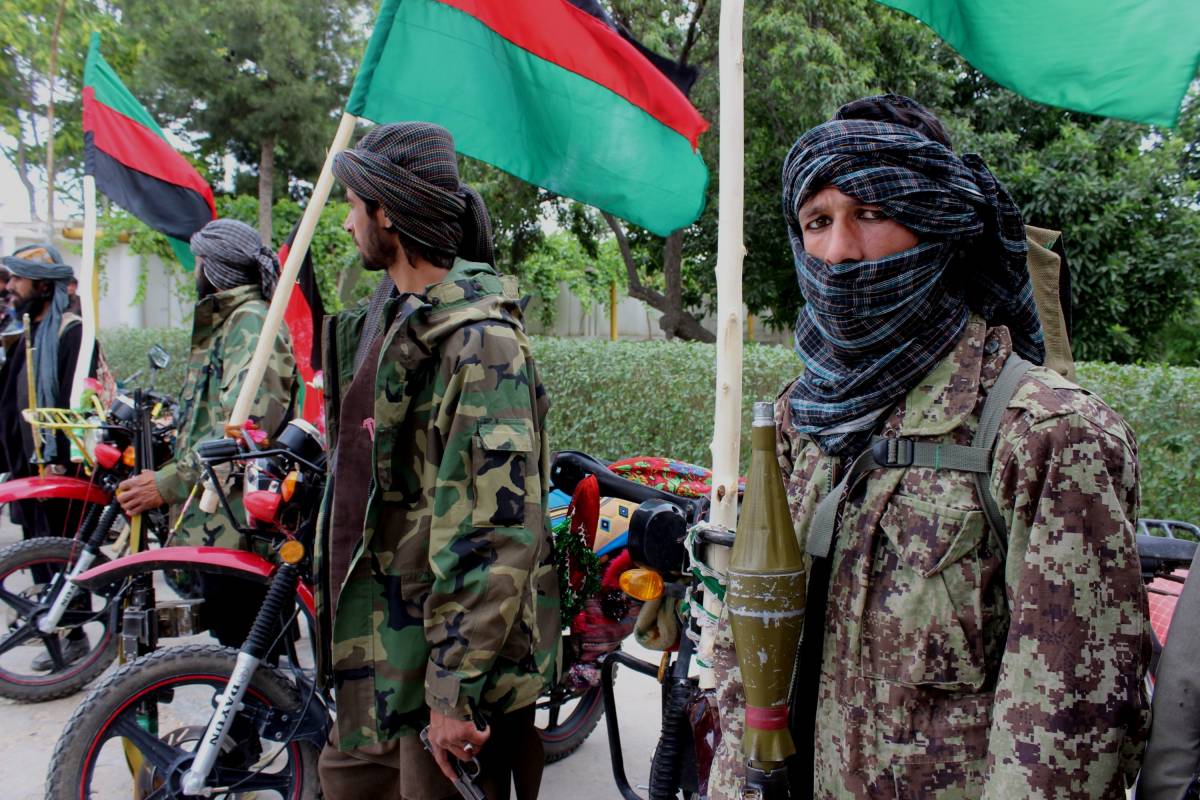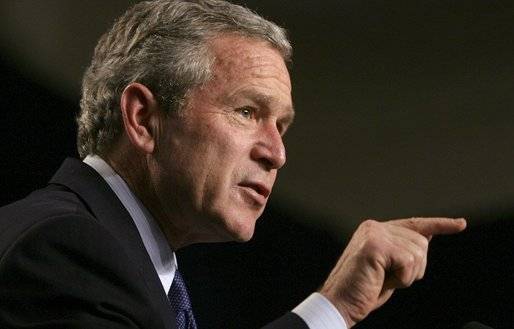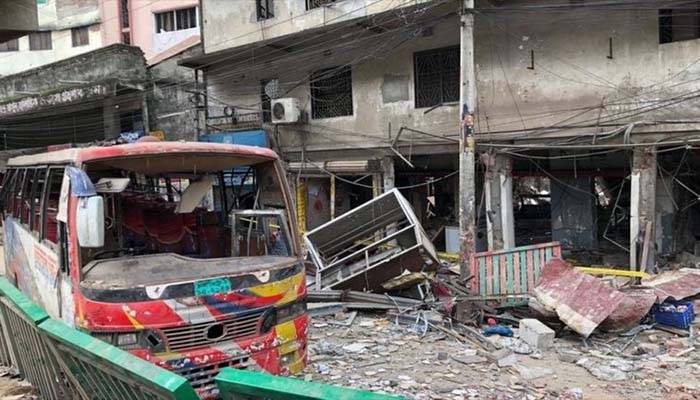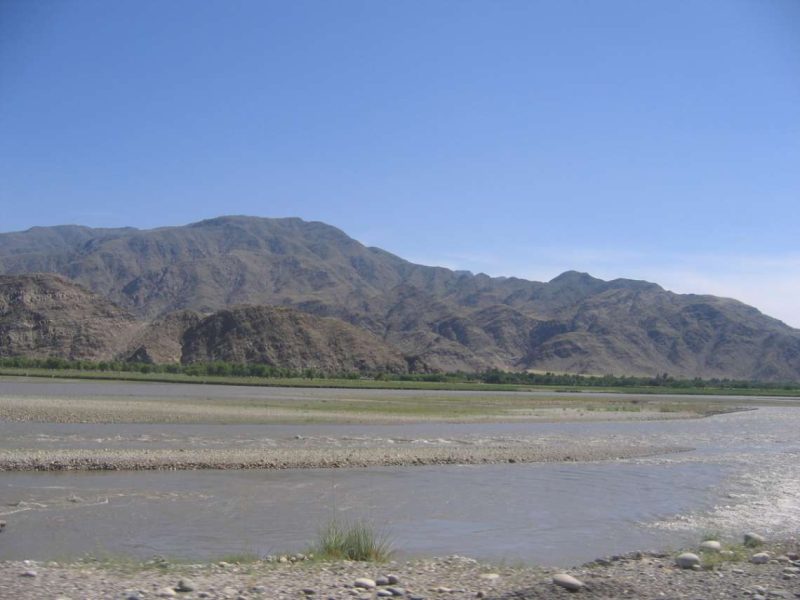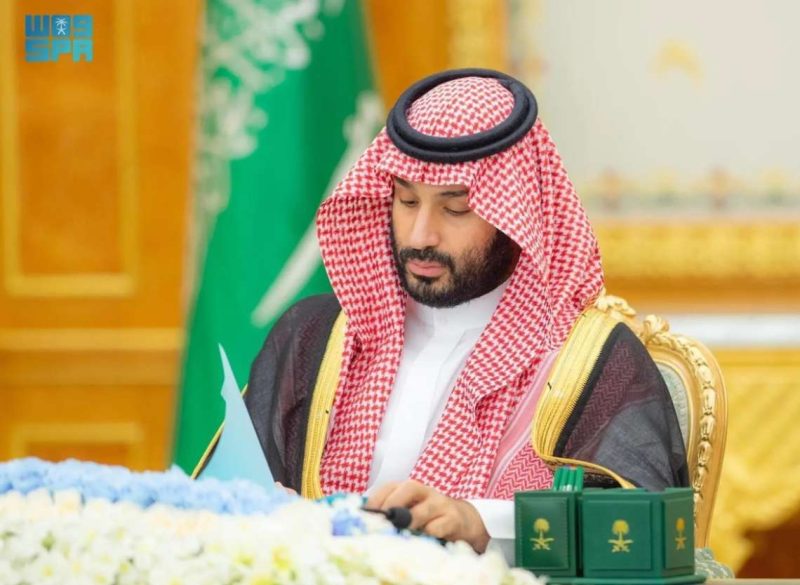Taliban spokesperson also announced the capture of the crossing on Twitter….reports Asian Lite News
Taliban have captured one of the main border crossings with Pakistan, in southern Kandahar province, local media reported on Wednesday.
The crossing is one of Afghanistan’s busiest entry points and the main link between its southwest region and Pakistani ports. Multiple reports suggest that the group had taken down the Afghan flag from the top of the border crossing gate between the Afghan town of Wesh and the Pakistani town of Chaman.
Taliban spokesperson also announced the capture of the crossing on Twitter.
“With this, the important road and customs between Boldak and Chaman came under the control of Mujahidin, the Islamic Emirate assures all traders and residents in the town that their security will be tightened,” Taliban spokesperson Zabihullah tweeted in Pashto.
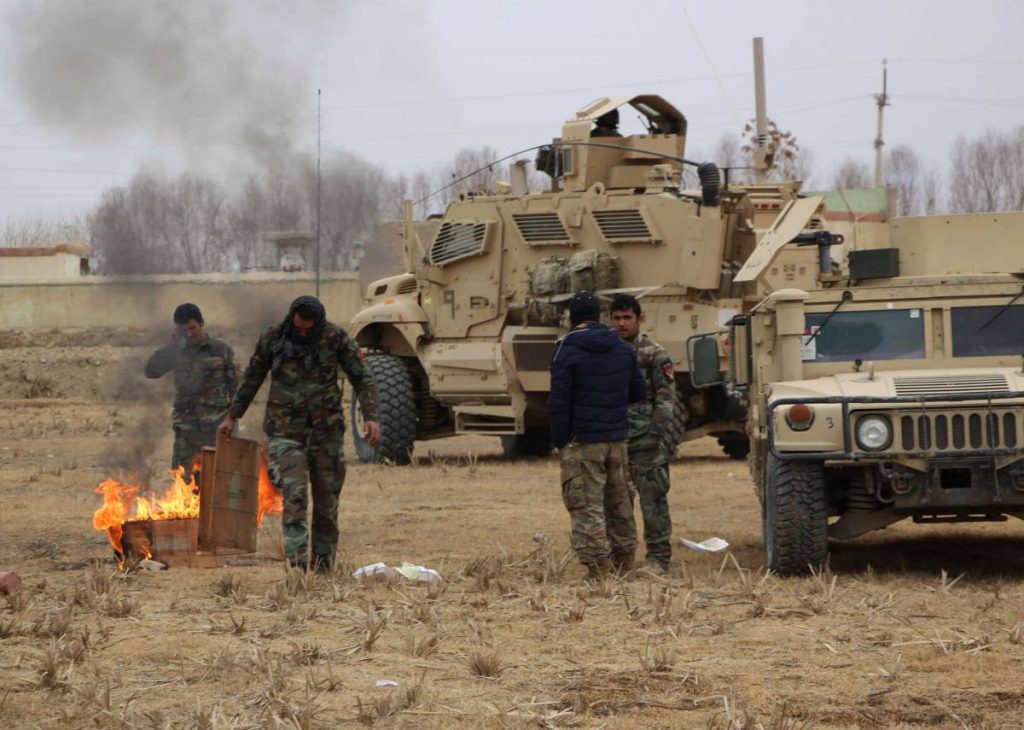
The terrorist group further stated that they will resume travel and transit on the passage once they will reach an agreement with the Pakistan side.
This comes amid a surge in violence in Afghanistan as the Taliban has intensified its offensive against civilians and Afghan security forces with the complete pullback of foreign forces just a few weeks away.
Last week, the Afghan government had said that the fall of key dry ports has disrupted exports and imports, imposing negative impacts on the country’s economic activities. The Afghanistan Chamber of Commerce and Industry (ACCI) stated that the Taliban have captured seven key dry ports, Ariana News reported.
The captured dry ports include the likes of the Islam Qala border and the Torghundi border towns, two trade gateways to Iran and Turkmenistan; Abu Nasr Farahi port, bordering with Iran, in Farah; Sher Khan Port in Kunduz and Ay Khanom port in Takhar, two trade gateways to Tajikistan; Aqina port in Faryab, a trade gateway to Turkmenistan; and Dand-e-Patan crossing to Pakistan in Paktia.
Commerce industry leaders have raised concerns about the collapse of the ports, stating the traders can not pay taxes to both the government and the Taliban.
“Now, if we pay taxes in two places, it will directly impact the market, and rates will climb up to two hundred times higher than now,” said Khan Jan Alokozay, Deputy Chairman of ACCI. (ANI)


